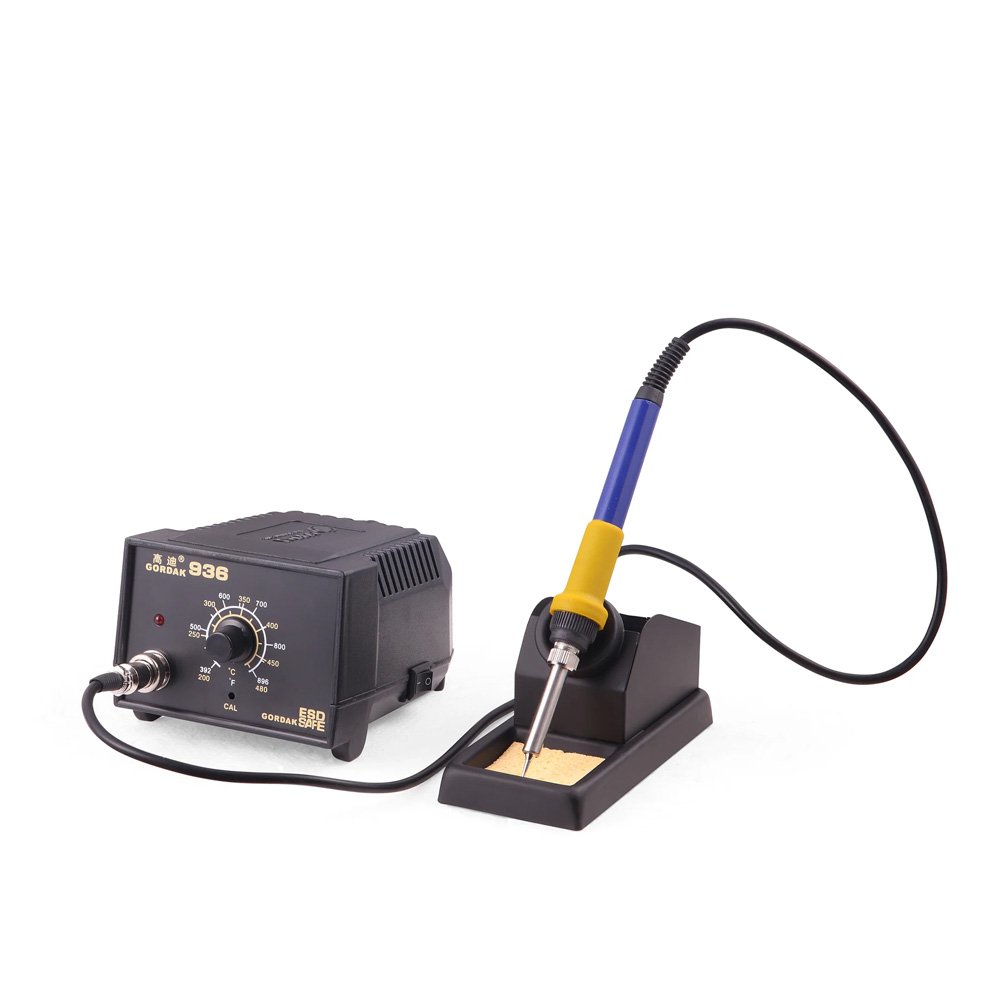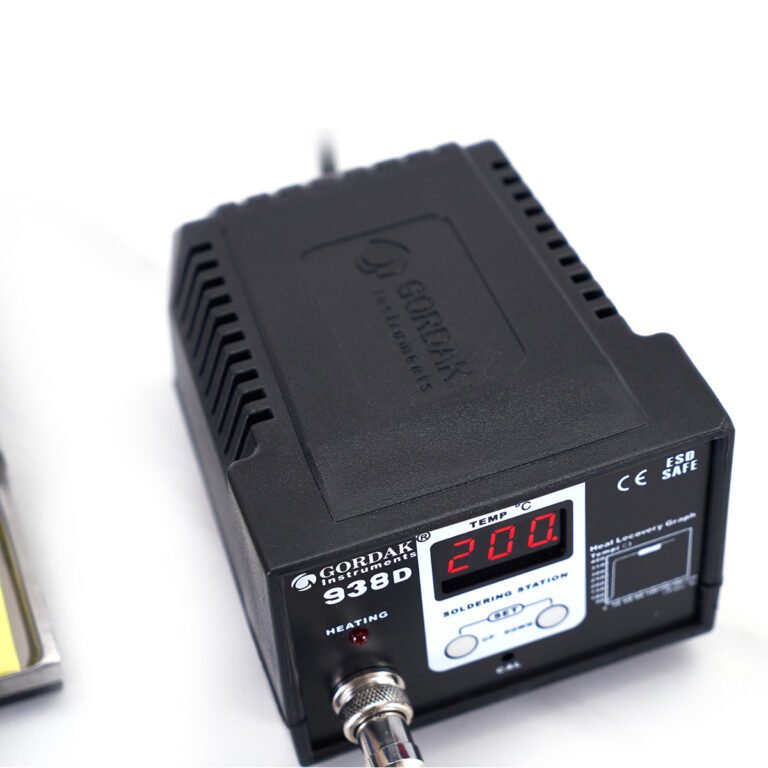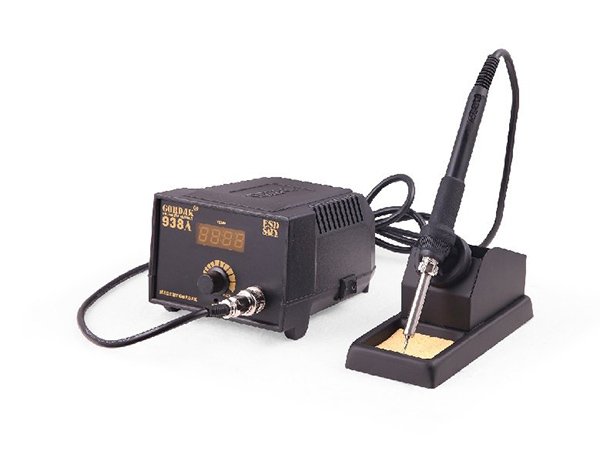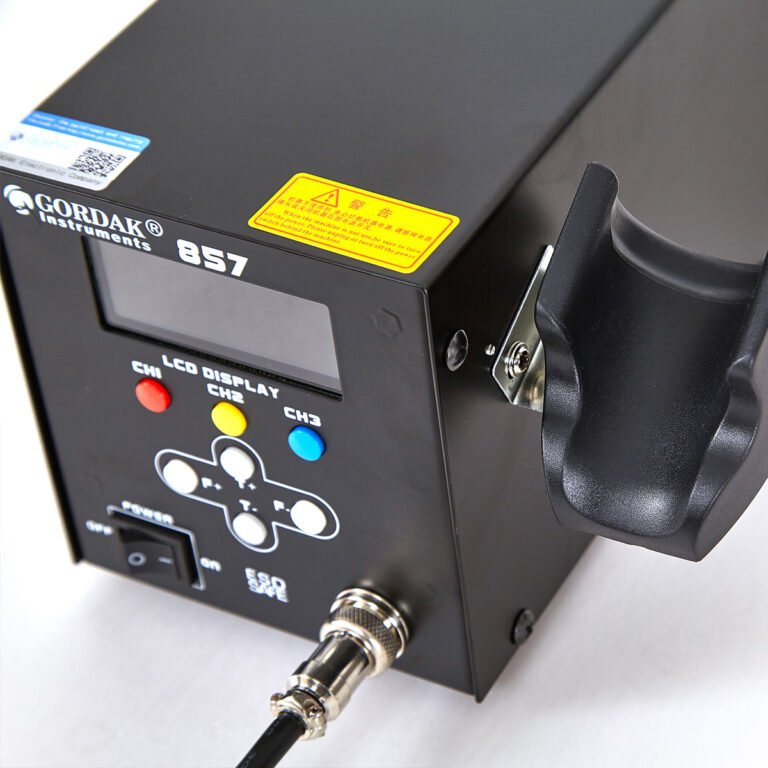Soldering requires patience, precision, and steady hands. Even a slight shake can result in weak joints, solder bridges, or damage to delicate components, especially when working with printed circuit boards (PCBs) or tiny electronic parts. If you struggle with hand stability, you’re not alone—many beginners and even experienced technicians look for ways to improve control. Below are practical tips to help steady your hands during soldering.
1. Position Yourself Comfortably
Your working posture has a huge impact on stability. Sit at a well-lit, clean workspace with your elbows resting on the table. Supporting your arms reduces unnecessary movement and gives you more control when holding the soldering iron.
2. Use a Helping Hand or PCB Holder
A “third hand” tool, vise, or PCB holder can keep your workpiece stable, so you only need to focus on guiding the soldering iron. This eliminates the need to balance components with one hand while soldering with the other.
3. Steady Your Soldering Iron Hand
Instead of holding the soldering iron in the air, rest your wrist or the side of your hand lightly on the workbench. This reduces shaking and allows you to move the tip with smaller, more controlled motions.
4. Avoid Caffeine and Fatigue
Trembling often increases when you’re tired or overly caffeinated. Try soldering after a good rest, stay hydrated, and avoid excess coffee or energy drinks before working on fine electronics.
5. Practice Breathing Techniques
Steady breathing helps keep your body relaxed. Some people find it useful to exhale slowly while placing the solder joint, similar to techniques used in painting or even precision shooting.
6. Train with Simple Exercises
Hand stability can be improved over time with practice. Drawing straight lines, tracing patterns, or practicing soldering on scrap boards can gradually build better hand control.
7. Keep Tools in Good Condition
A poorly maintained soldering iron with an oxidized tip can force you to apply extra pressure, which increases hand movement. Always keep your soldering tips clean, tinned, and in good working order.

FAQ: Steadying Your Hands While Soldering
Q: Why do my hands shake when soldering?
A: Fatigue, stress, caffeine, or poor posture are common causes. Supporting your arms and resting your hand on the work surface can help minimize shaking.
Q: Should I use magnification tools?
A: Yes. Magnifying lamps or microscopes can reduce eye strain and improve precision, especially for SMD soldering.
Q: How long does it take to improve stability?
A: Improvement comes with practice. Consistently using proper posture and support techniques can show results in a few weeks.
About GORDAK
Gordak is a leading manufacturer of soldering and rework equipment, providing high-quality, reliable, and innovative tools for electronics professionals worldwide. With over 30 years of industry experience, Gordak combines advanced technology, precise temperature control, and ESD-safe designs to meet the needs of SMD and through-hole soldering applications. Committed to excellence, Gordak offers affordable solutions, responsive customer support, and products trusted by clients across the globe.
Soldering Basics & Tutorials
A Step-by-Step Guide to the Soldering Process
An Introduction to SMD Soldering Techniques
A Beginner’s Guide to SMD Soldering
DIY PCB Soldering: Tools, Tips, and Techniques
How to Use a Soldering Iron – A Beginner’s Guide
Essential Tools and Supplies for Soldering Beginners
Essential Electronics Soldering Tips and Tricks for Beginners
Essential Tools for Soldering Circuit Boards
The Importance of Soldering in Electronics



